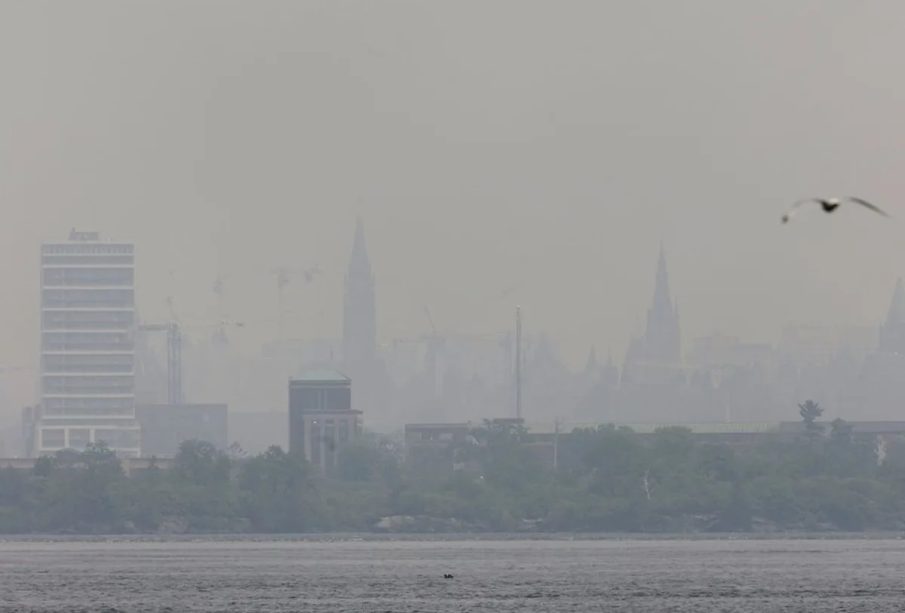Understanding Air Quality in Ottawa: Current Issues and Trends

Introduction
Air quality has become an increasingly important issue across urban areas, and Ottawa is no exception. The health impacts of poor air quality can be severe, leading to respiratory issues and other chronic health conditions. Given the challenges posed by urban development and climate change, understanding the air quality in Ottawa is crucial for residents and policymakers alike.
Current Air Quality Status
Recent data from the City of Ottawa indicates fluctuating air quality levels influenced by various factors such as vehicle emissions, industrial activities, and smoke from wildfires. In 2023, several days during the summer and fall seasons recorded elevated air quality index (AQI) levels, particularly due to smoke drifting from wildfires in nearby provinces, alongside seasonal particulate matter from local sources.
Health Implications
According to Health Canada, prolonged exposure to poor air quality can lead to a range of health issues such as asthma, decreased lung function, and cardiovascular diseases. Children, the elderly, and individuals with pre-existing health conditions are particularly vulnerable. The Ottawa Public Health department has been actively monitoring air quality metrics and advising the public during high AQI days to take protective measures.
Government Initiatives and Measures
In response to air quality concerns, the City of Ottawa has implemented several initiatives aimed at improving the situation. These include expanding green spaces to enhance air filtration, promoting public transportation, and encouraging the use of electric vehicles to reduce emissions. Moreover, the city conducts regular air quality assessments and disseminates real-time data to inform the public about current conditions.
Community Involvement
Community awareness and involvement play a key role in addressing air quality issues. Several local organizations are working on campaigns to educate residents about the importance of reducing personal emissions and supporting sustainable practices. Programs that focus on tree planting and the promotion of local food also contribute positively to the urban environment.
Conclusion
Air quality in Ottawa remains a significant health concern, especially during specific seasons marked by elevated pollution levels. Ongoing monitoring, government actions, and community engagement are vital to improving air quality in the city. As Ottawa continues to grow, both residents and city officials must work together to implement solutions that foster a healthier environment for all. Staying informed about air quality can empower citizens to make choices that protect their health and well-being, ensuring a cleaner future for Ottawa.









